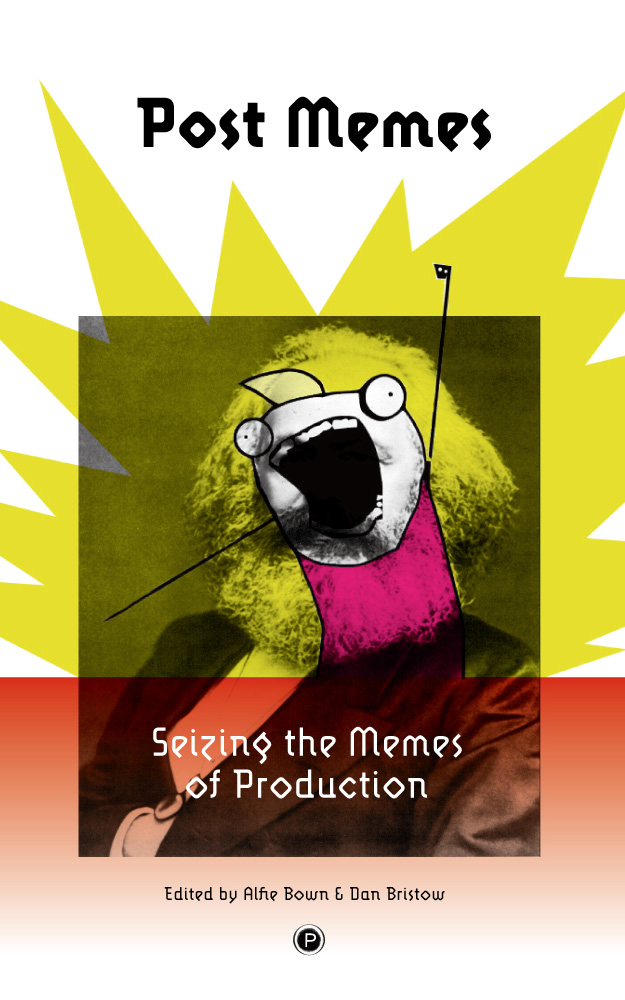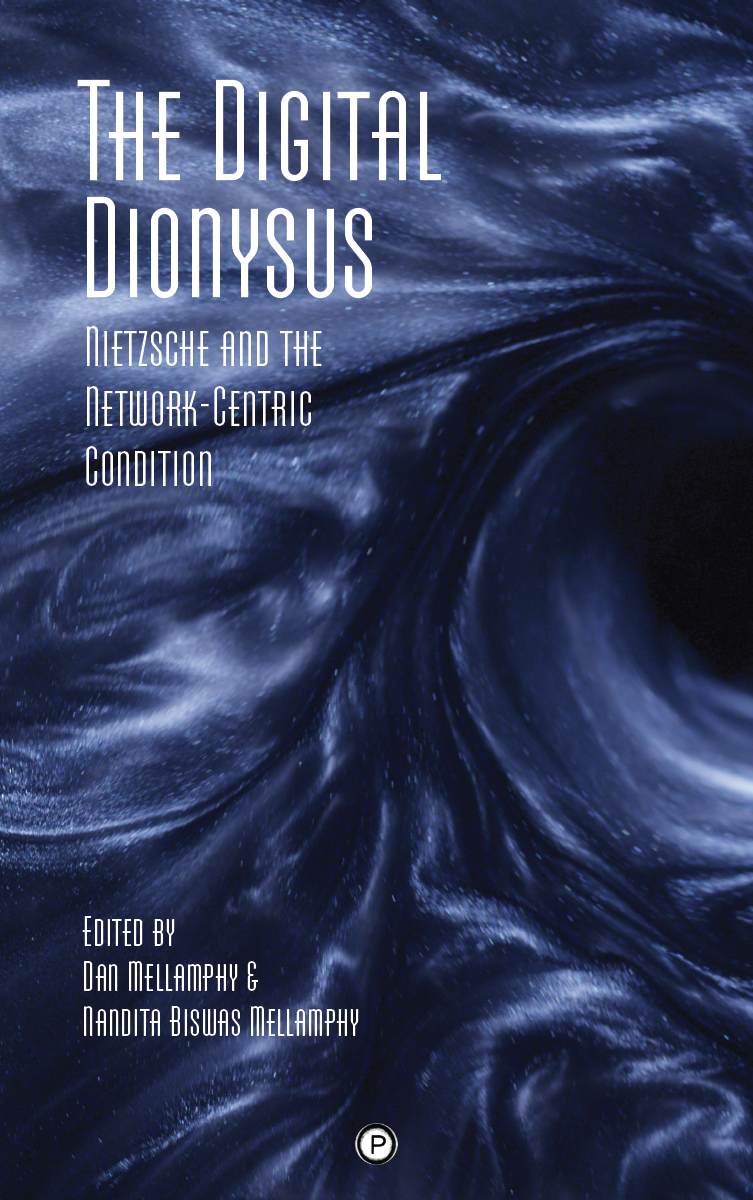Art-form, send-up, farce, ironic disarticulation, pastiche, propaganda, trololololol, mode of critique, mode of production, means of politicisation, even of subjectivation — memes are the inner currency of the internet’s circulatory system. Independent of any one set value, memes are famously the mode of conveyance for the alt-right, the irony left, and the apoliticos alike, and they are impervious to many economic valuations: the attempts made in co-opting their discourse in advertising and big business have made little headway, and have usually been derailed by retaliative meming. Post-Memes: Seizing the Memes of Production takes advantage of the meme’s subversive adaptability and ripeness for a focused, in-depth study. Pulling together the interrogative forces of a raft of thinkers at the forefront of tech theory and media dissection, this collection of essays paves a way to articulating the semiotic fabric of the early 21st century’s most prevalent means of content posting, and aims at the very seizing of the memes of production for the imagining and creation of new political horizons.
With contributions from Scott and McKenzie Wark, Patricia Reed, Jay Owens, Thomas Hobson and Kaajal Modi, Dominic Pettman, Bogna M. Konior, and Eric Wilson, among others, this essay volume offers the freshest approaches available in the field of memes studies and inaugurates a new kind of writing about the newest manifestations of the written online. The book aims to become the go-to resource for all students and scholars of memes, and will be of the utmost interest to anyone interested in the internet’s most viral phenomenon.
TABLE OF CONTENTS //
Dan Bristow, “Introproduction”
Dominic Pettman, “Twenty Theses on Posthumanism, Political Affect, and Proliferation”
Roy Christopher, “The Meme is Dead, Long Live the Meme”
Bogna M. Konior, “Apocalypse Memes for the Anthropocene God: Mediating Crisis and the Memetic Body Politic“
Jay Owens, “Post-Authenticity and the Ironic Truths of Meme Culture”
Dan Bristow, “The Work of Art(iculation) in the Age of Memic Rhythmicality: Memes Between Form, Content, and Structure”
Eric Wilson, “An Emoji for René Girard: Memes, Memesis, and the Apocalypse of the Eternally Relevant”
Roisin Kiberd, “Chaotic, Good”
Tom Whyman, “Oh, They Have the Internet on Computers Now? The Online Art of The Simpsons“
Angus Reoch, “An Interview with the NEEM (‘Non-Existent Existentialist Memes’) Admins”
Yvette Granata, “Mass Meme Dankness: Floating Glittery Trash for an Economic Heresy”
Patricia Reed, “Meso-Memetics, Service Fetishism and Deep Mediation”
Scott Wark and McKenzie Wark, “Circulation and its Discontents”
C_YS, “In the Future, the Means of Production Will Own Themselves”
Thomas Hobson and Kaajal Modi, “Socialist Imaginaries and Queer Futures: Memes as Sites of Collective Imagination”
Ian Parker, “Memesis and Psychoanalysis: Mediatizing Donald Trump”
Giacomo Bianchino, “Simulation and Dissimulation: Esoteric Memes Pages at the Limits of Irony”
Gabriele de Seta, “Pepe Goes to China, or, the Post-Global Circulation of Memes”
Seong-Young Her, “The Post-Pepe Manifesto”
Alfie Bown and Francis Russell, “Afterword: Post_Meme”





Communist Imaginaries and Queer Futures: Memes as Sites of Collective Imagination. In Bown A, Bristow D, editors, Post-Memes: Seizing the Memes of Production. Punctum Books. 2019
I can’t download the “free”pdf…Do I need to donate before?
Hello Cristiana: apologies for the glitch. Try this direct link: http://oapen.org/download?type=document&docid=1006308.
Communist Imaginaries and Queer Futures: Memes as Sites of Collective Imagination. In Bown A, Bristow D, editors, Post-Memes: Seizing the Memes of Production. Punctum Books. 2019